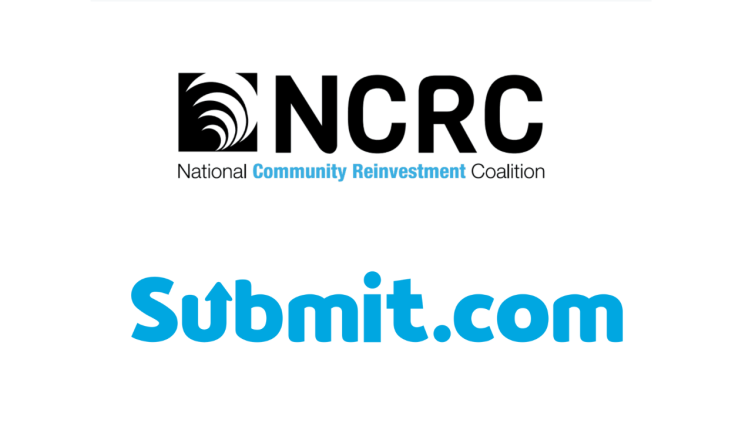How can you spot a successful incubator programme?
The focus of an incubator is to replicate the kind of real-world business support that stretches way beyond what you might learn in business school. There are no exam questions or theory projects.
An incubator programme’s goal is to put entrepreneurs through their paces, prepare them for the chaotic world of business, and ultimately, determine the profitability and viability of a business model.
And a successful one will bootstrap early-stage startups and get them ready for the next stage of their business development.
But how can you differentiate between the great and the mediocre? What should you look for when choosing your incubator programme?
Here are six fundamental questions every early-stage startup should ask themselves before choosing an incubator programme.
- Is there a clear and defined programme goal?
There are lots of different types and structures of incubators, from university programmes all the way to space aviation.
Universities may develop incubator programmes to strengthen their reputation within the scientific fields; governments may start incubators to jump-start the economy, create jobs or develop an industry; other communities may do so in order to fill a gap in a sector.
Whatever the sector, it is absolutely fundamental that an incubator programme has a clear, well-defined goal for existing.
That goal is essential to attract the right entrepreneurs and build a powerful programme—and it’s just as important that goal is communicated as clearly as possible at every touchpoint.
- Will I be assigned an incubator manager?
Incubator programmes are fast-paced, high-pressure and exhilarating—and by no means easy.
That’s why it’s important for early-stage startups to make sure there’s at least one dedicated incubator manager to guide them through the experience.
An incubator manager can help entrepreneurs with the day-to-day navigation of the packed programme, acting as a kind of mentor to make sure you’re getting the absolute most of the experience and putting your all in.
But most importantly? They’re there to ensure your business plan is set up for profitable success.
Think of an incubator manager as a mentor, coordinator, facilitator and an invaluable asset to the process. They’ll be the ones sharing first-hand knowledge experience, arranging network opportunities and ensuring the general smooth running of the programme.
- Will I have access to their network and resources?
An incubator programme can be the most exciting and promising time in an entrepreneurs business life, and it’s largely because of the immense opportunity it brings.
That means hopeful startups can expect a strong ecosystem of support and resources on hand during and sometimes after the programme.
Great incubator programmes have an extensive library of opportunities for their startups, from mentors and coaches to networking communities and introductions with relevant people and organisations.
And it’s all on offer to bright startups—you’ll have access to industry experts that may be near impossible for you to connect with on your own. That’s the power of an incubator.
But just because a programme has a wide network of experts, it’s still up to entrepreneurs to make the programme as resourceful as possible.
Having a strong network and resource library isn’t just invaluable for early-stage startups, but for the incubator programmes themselves. Creating a strong and influential network of mentors, experts and advisors keep those individuals connected to the programme.
It builds a level of repute and trust that makes clients come back to the programme when they need to fulfil their startup needs as they’ve experienced first-hand the high-quality calibre of entrepreneurs to pass through the programme’s doors.
- Is the programme difficult to get into?
The best business incubators in both Europe and the world are the most competitive, and those are usually the ones with the highest success rates.
The same goes for the biggest companies in the world or the most prestigious universities.
Successful incubator and accelerator programmes are extremely selective and vet their prospects extensively. The best ones tend to focus on entrepreneurs with advanced “education, entrepreneurial and senior management experience”, according to the Global Accelerator Learning Initiative (GALI).
These incubators (the ones early-stage startups want to get into) tend to take on only a handful of startups, in order to deliver the highest possible level of quality mentorship and training.
- Does it offer extensive business services?
Building and executing a profitable business plan is part of a multi-layered process and a great incubator will guide you through it.
And although the services will defer from programme to programme, there are essential resources that every great incubator will offer entrepreneurs. Here are some of the most common:
- Management training
- Advisory services
- Access to shared working spaces and other necessary operating resources (software, hardware, etc)
- Assistance with core business needs (market research, accounting, marketing, legal compliance, etc)
- Access to industry experts and mentors
- Is there a physical space my team and I can use?
Early-stage startups entering into an incubator programme have a huge advantage of making the most of the physical space available to them—but not every programme provides this.
Some great incubators (and accelerators) offer a shared, physical space for startup teams to use throughout the duration of the programme.
Think of it as a coworking space, reserved for the brightest entrepreneurial minds, mentors and experts.
Choosing the right incubator for your startup
There’s never been a better time to start the journey of entrepreneurship and thanks to the rise of fantastic incubator programmes, you can do so with expert guidance.
But with so many funding options and programmes around (and some incubators being more selective than Harvard), choosing the right one can be difficult.
Incubator programmes can vary tremendously in their mentoring opportunities and business help, so it’s important you weigh up your options as best you can.
Asking yourself these six questions will help you put the key factors into perspective and give you the insight you need to make the right decision.
Have you recently applied to an incubator programme? Tell us about it—we would love to know!












Leave a Reply
Want to join the discussion?Feel free to contribute!